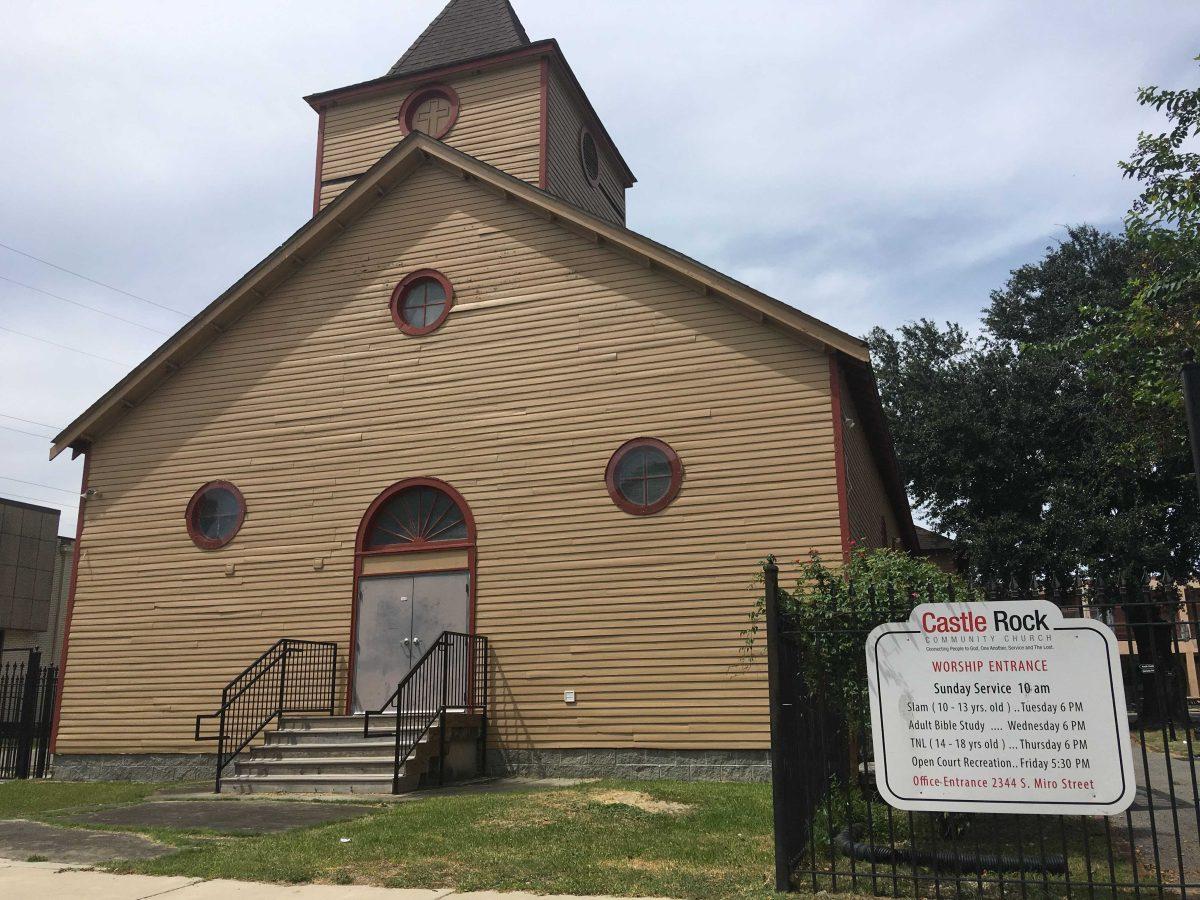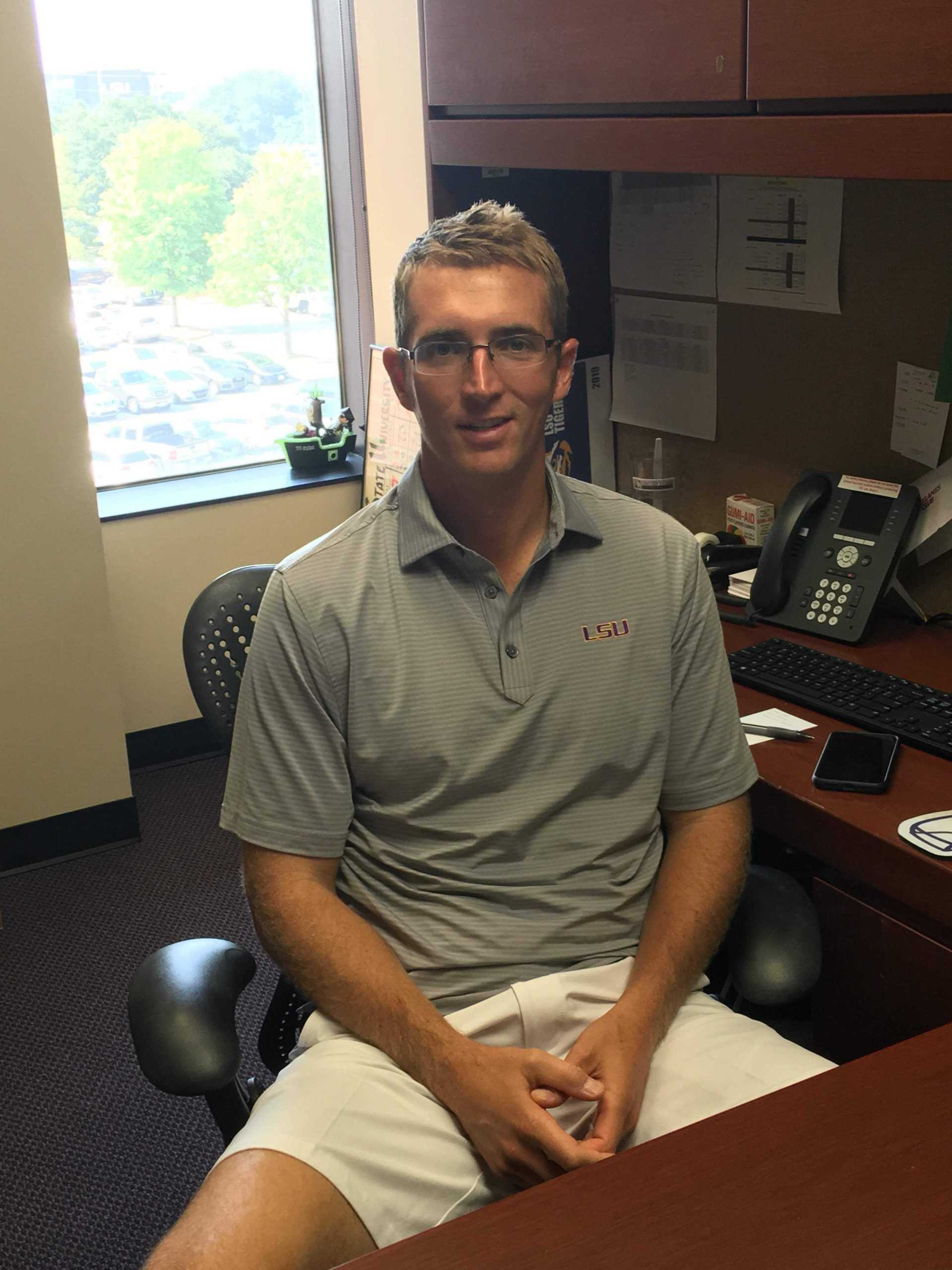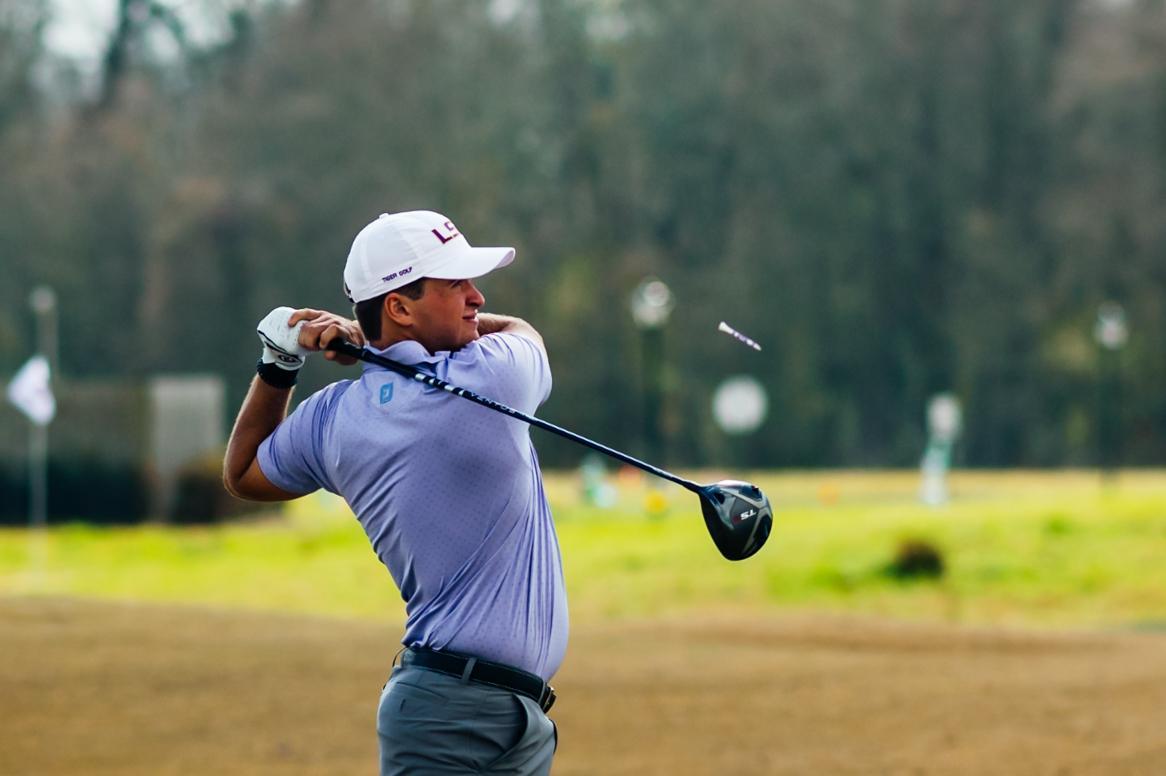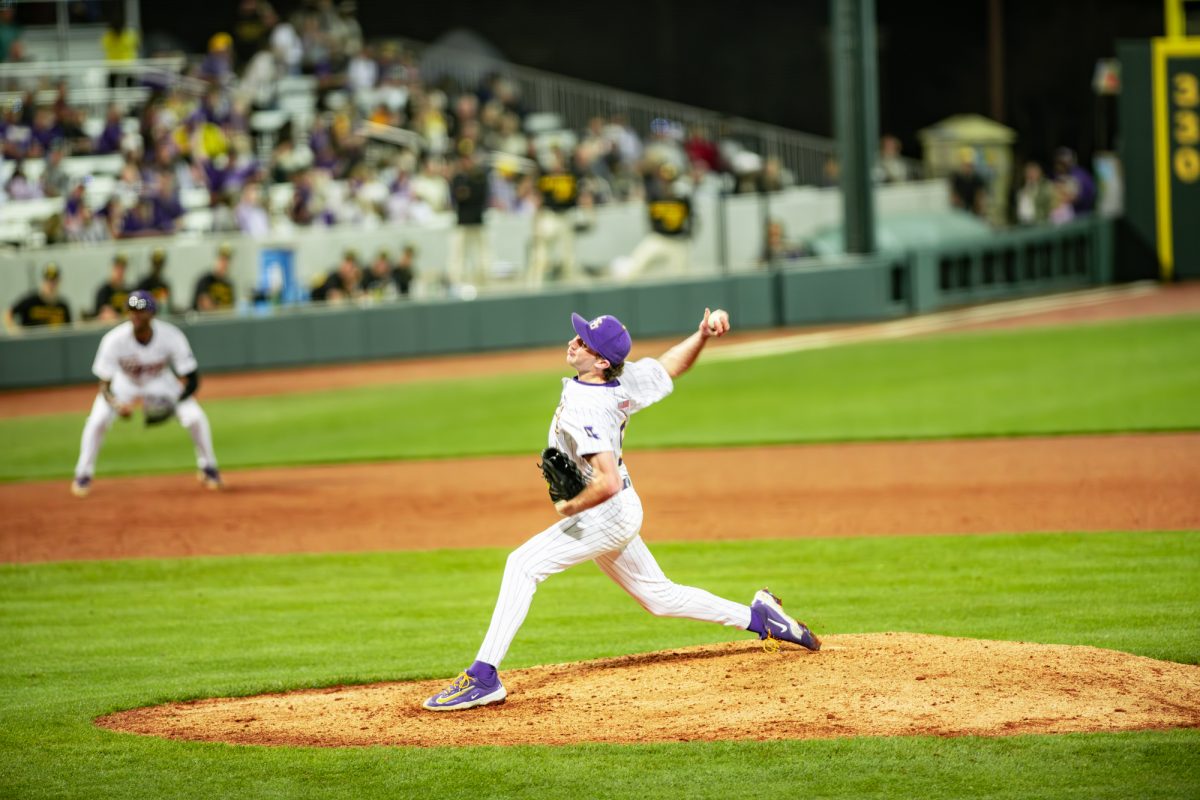After a long day’s work, Andrew Nelson showered, changed out of his grimy clothes and tossed them in the dumpster near Castle Rock Community Church in New Orleans.
It was the summer of 2011. Nelson had recently graduated from Liberty University after a successful collegiate golfing career, and after working all day in the sweltering heat and humidity, his clothes were sweaty, dirty, disgusting. He didn’t even want to wash or wear them again.
So Nelson was surprised when the next morning he saw a man wearing the same shirt he threw away.
Castle Rock Community Church sits in Central City, one of the most crime-ridden areas of New Orleans. Rows of housing projects line a nearby street, and dilapidated houses dot the church’s surrounding area.
Barely 10 minutes away, tourists snap photos of gilded mansions in the Garden District and along the extravagant St. Charles Avenue. This sharp divide between class and race defines New Orleans. Few from the wealthy side cross over into Central City, but after college, Nelson left behind the manicured lawns, serene golf courses and a country club lifestyle to serve poor, inner-city children.
“I love New Orleans,” Nelson said. “It is hard. It is a little scary. It is way different than what I’ve grown up in, but I love it. There’s people here who are good. There’s people here who need help. There’s people here who are very thankful for people who are willing to come and serve and, and give of their time.”
Today Nelson is an assistant coach for the LSU men’s golf team, but after graduating from Liberty, the New Jersey native devoted three months to serving the poor of New Orleans. Afterward, he moved to Holtville, California, to work as a student-ministries pastor and later returned to Liberty as an assistant golf coach for three seasons before arriving in Baton Rouge.
Nelson first visited the Crescent City after Hurricane Katrina when he was a college freshman. He fell in love with the city and its people, with their resilience, depth, and character.
“You don’t always know everybody’s story,” Nelson said. “Everybody’s always got stuff they’re dealing with and has needs and has things that they might need help with. They might just need someone to come and talk to them.”
Nelson promised that someday he would return to New Orleans. After he graduated, he spent three months volunteering with an Urban Impact team cutting grass, cleaning homes and teaching bible school during the day. At night, they ran sessions of Vacation Bible School at a local park, where upwards of 100 children came to enjoy food and games and learn Bible stories.
“Can we love these kids and make them feel like they’re special?” Nelson asked. “Like they’re unique? Like they have a purpose, a lot bigger than, than just the here and now?”
On one of his first days at Castle Rock, Nelson mowed lawns with a crew of workers. He brought four weed trimmers from a truck onto the sidewalk, went back to get gas tanks and returned to find that the trimmers had been stolen. He was puzzled.
Nelson was in a new world, so he used his experience in golf to acclimate to a new environment.
Once a golfer reaches the collegiate ranks, Nelson says, he suddenly has to be part of a team after spending every minute prior to that focused on one’s self-interests and own accomplishments.
“Everything you’ve done has always been for yourself,” he said. “Now you have to play and think about others.”
In New Orleans, Nelson connected his two passions, ministry and golf, and experienced a transformation that helped bring him into coaching.
“I just have a heart for people,” he said. “That’s probably the biggest reason why I coach. I get to work with six, seven, eight, 10 guys who are young and maturing and learning and growing. And I love to pour into them. I love to serve. I love to try to teach and challenge them and push them to be the best they can and to learn and grow through through the little things.”
His time at Castle Rock also rewarded Nelson with a fresh perspective. He loves golf. He thinks it’s great. But it’s not everything.
“There’s so much more to life than the sports we play,” he said.









